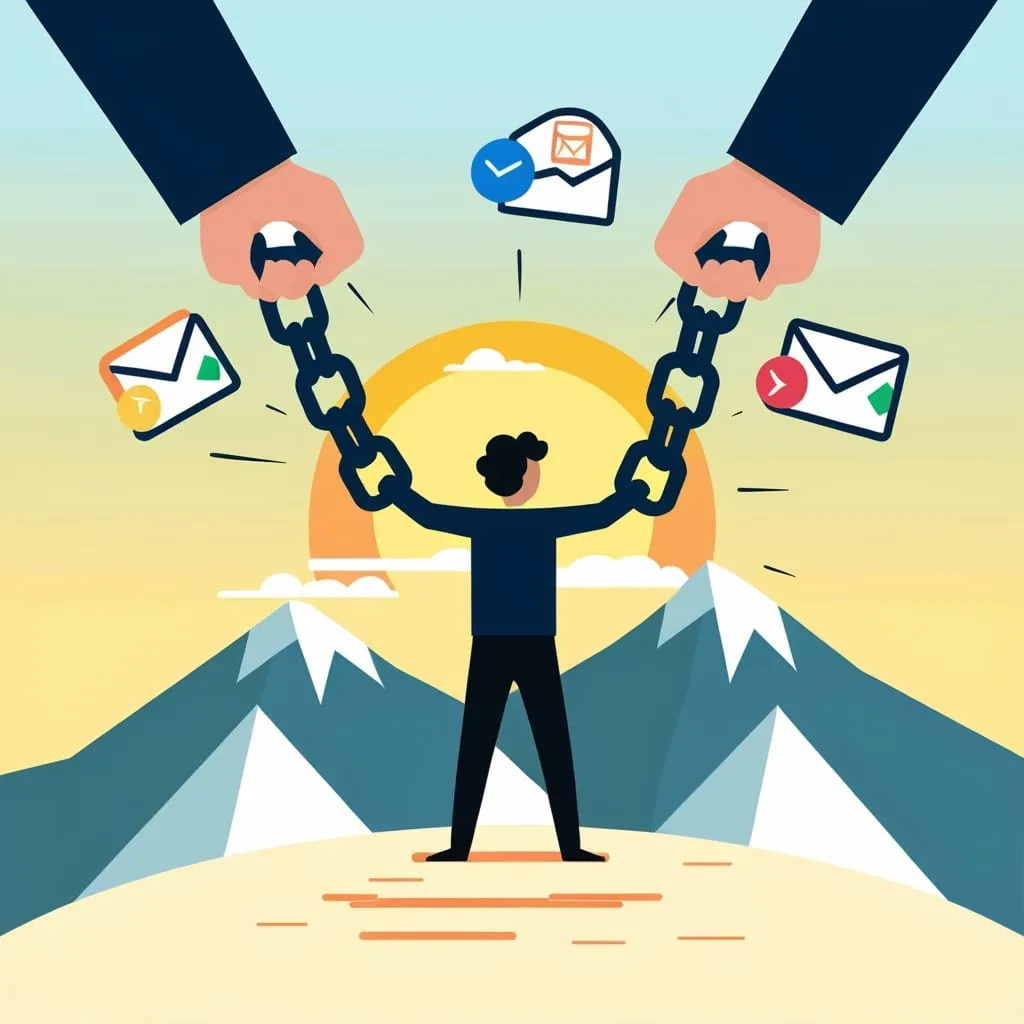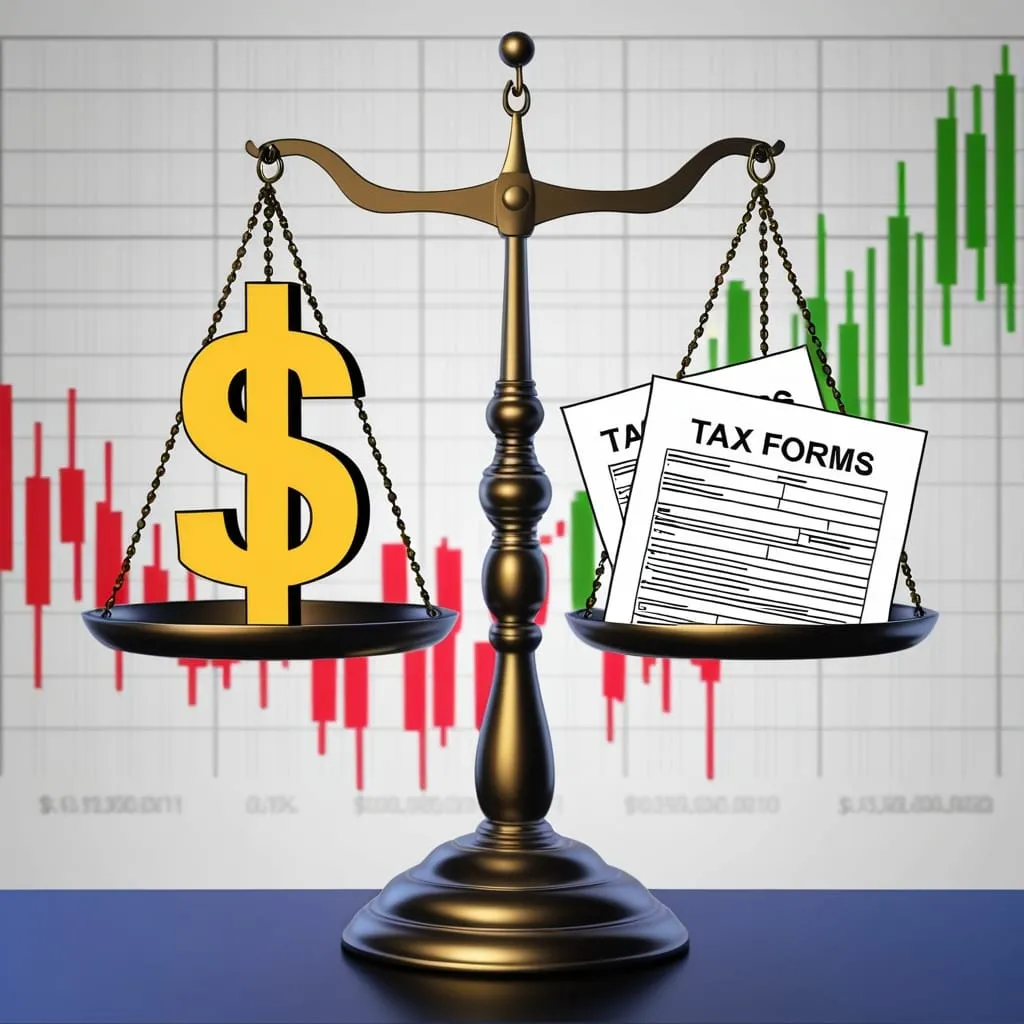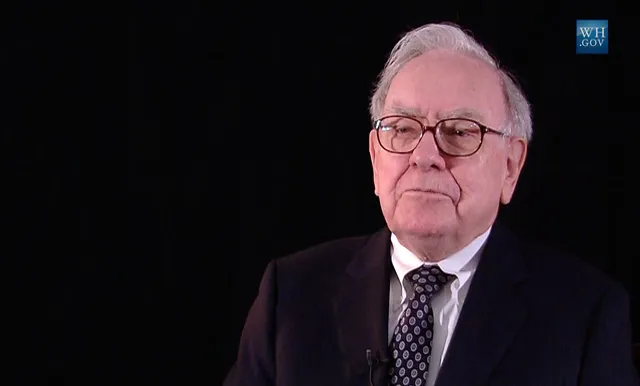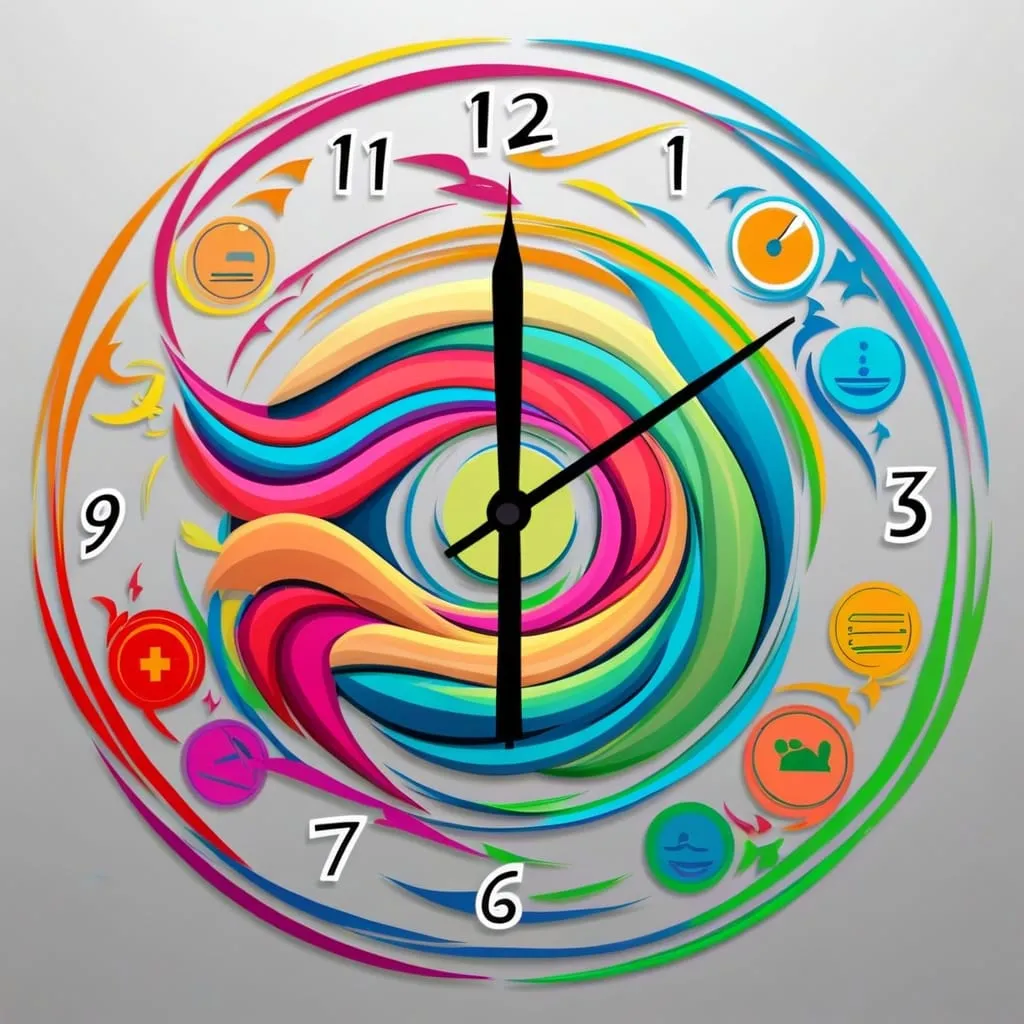Breaking Free from Email Overload: Reclaiming Your Time and Productivity
In today's hyper-connected world, email has become both a blessing and a curse. While it's an essential tool for communication, it can also be a major productivity killer. Many of us find ourselves constantly checking our inboxes, letting emails dictate our day and disrupt our focus. But it doesn't have to be this way.
Let's face it, email addiction is real. On average, professionals spend a whopping 28% of their workday – that's about 2.6 hours – dealing with emails. That's a lot of time that could be spent on more important tasks. But don't worry, there are ways to break free from this cycle and take control of your time.
First things first, let's talk about notifications. Those little pings and pop-ups are like digital candy – hard to resist and not great for you in large quantities. Do yourself a favor and turn them off. Trust me, the world won't end if you don't see that newsletter the second it hits your inbox.
Now, I know what you're thinking. "But what if I miss something important?" That's where scheduled email checks come in. Instead of constantly refreshing your inbox like it's Twitter during a celebrity meltdown, set specific times to check your email. Maybe it's once an hour for a quick 5-minute scan, or twice a day for a deeper dive. Whatever works for you, stick to it.
Let's talk about inbox organization. If your inbox looks like a digital version of your teenager's bedroom, it's time for a clean-up. Keep it simple – two folders are all you need. One for emails that need a response, and one for everything else. It's like Marie Kondo for your inbox – if it doesn't spark joy (or require action), let it go.
Now, here's a radical idea – stop checking work emails outside of work hours. I know, shocking, right? But seriously, deleting that work email app from your phone might be the best thing you do for your work-life balance. Your family and friends will thank you, and let's be honest, that urgent email at 10 PM can probably wait until morning.
Sometimes, our email habits are more about emotional needs than actual work requirements. Are you checking your inbox because you're bored? Feeling lonely? Craving that little hit of dopamine when you see a new message? Recognizing these underlying motivations can help you find healthier ways to meet those needs. Maybe it's time to chat with a coworker or pick up that hobby you've been neglecting.
Mindfulness isn't just for yoga class. Before you click that inbox icon, take a second to check in with yourself. Are you avoiding a difficult task? Feeling stressed? Understanding your motivations can help you make better choices about how you spend your time.
Communication is key when it comes to managing email expectations. Let your colleagues and boss know about your new email habits. It might feel awkward at first, but setting clear boundaries can actually improve your working relationships. Plus, it shows that you're serious about managing your time effectively.
Technology isn't all bad – use it to your advantage. Set up filters to manage newsletters and spam. Try tools like Inbox Pause to temporarily block new messages. It's like putting your inbox on a time-out when you need to focus.
Creating a daily routine can be a game-changer. Start your day by tackling your most important tasks before diving into your inbox. It's like eating your veggies before dessert – not as fun, but much better for you in the long run.
Batch processing is another powerful strategy. Instead of dealing with emails as they come in, set aside specific times to process them in bulk. It's more efficient and less mentally taxing than constantly switching between tasks.
Let's look at a real-life example. Imagine you're a financial analyst with a mountain of work to do. You start your day by checking your email, and before you know it, you've spent an hour responding to non-urgent messages. Sound familiar? Instead, try this: block out 30 minutes in the morning and 30 minutes in the afternoon for email. During these times, quickly go through your inbox, respond to urgent messages, and file or delete the rest. The rest of your day? That's for focused work on your critical tasks.
Breaking the email checking habit isn't easy. It's like quitting any addiction – there will be withdrawal symptoms. You might feel anxious or worried that you're missing something important. But stick with it. The payoff in terms of increased productivity and reduced stress is worth it.
Remember, email is just a tool. It's meant to serve you, not the other way around. By taking control of your email habits, you're really taking control of your time and attention. And in today's world, those are incredibly valuable resources.
Think about what you could accomplish with an extra 2.6 hours in your day. That's time you could spend on high-value work, learning new skills, or even gasp leaving the office on time. The possibilities are endless when you're not chained to your inbox.
Changing your email habits isn't just about productivity – it's about improving your overall quality of life. Less stress, better work-life balance, and more time for the things that really matter. Whether you're a finance professional crunching numbers or a creative type brainstorming ideas, managing your email effectively can make a huge difference in your job satisfaction and overall well-being.
So, are you ready to break free from email overload? Start small. Turn off those notifications. Set up a couple of email check times. Create those two simple folders. Each small step is a victory in reclaiming your time and attention.
Remember, there's no one-size-fits-all solution. What works for your colleague might not work for you. Experiment, adjust, and find a system that fits your work style and needs. The goal is to find a balance that allows you to stay on top of important communications without letting email run your life.
As you implement these changes, pay attention to how you feel. Are you less stressed? More focused? Getting more done? Celebrate those wins, no matter how small. And don't beat yourself up if you slip back into old habits occasionally. Change takes time.
In the end, managing your email effectively is about more than just clearing your inbox. It's about taking charge of your time, your attention, and ultimately, your life. It's about focusing on what truly matters, both at work and at home.
So the next time you feel the urge to check your email for the hundredth time today, pause. Take a deep breath. Ask yourself if it's really necessary. Chances are, it can wait. And in that moment of pause, you might just find the space to do something truly important.
Remember, you are more than your inbox. Your worth isn't measured by how quickly you respond to emails or how many messages you process in a day. By breaking free from email overload, you're making a statement about what you value – your time, your focus, and your well-being.
So go ahead, close that email tab. Turn off those notifications. Set those boundaries. Your future, less-stressed, more productive self will thank you. Here's to reclaiming your time and attention, one unread email at a time.






